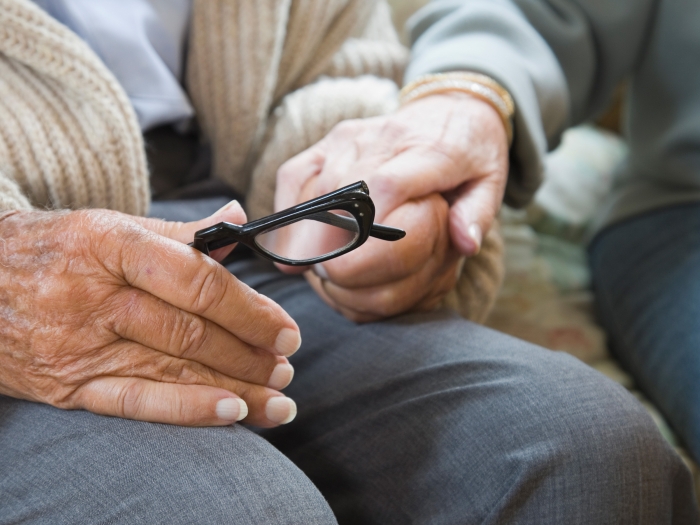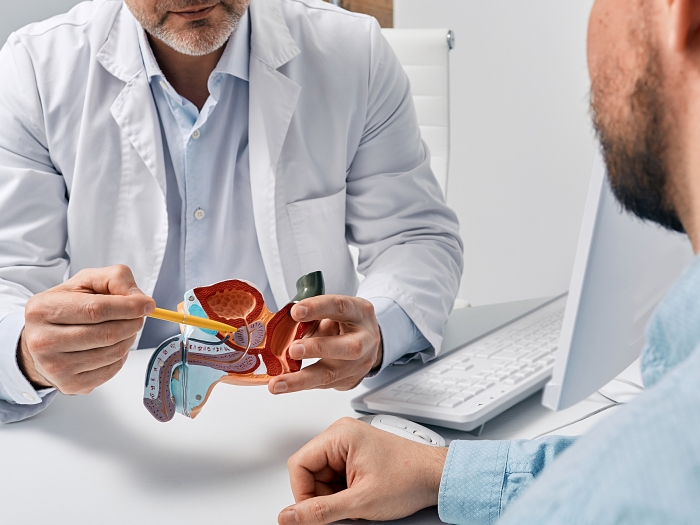New study points to a missed opportunity to improve quality of life for many women with incontinence.
1:33 PM
Author |

A new study finds that only a fraction of women with urinary incontinence actually discuss their symptoms with their healthcare providers.
Giulia Lane, M.D., M.S., a fellow with the U-M department of urology and a team of experts used data from two ongoing observational Nurses Health Studies. Of the 94,692 women age 49 to 91 with urinary incontinence surveyed, just 34% had had conversations about their condition with their clinician.
"This rate reflects what has been found in previous research in the general population. Being a healthcare provider doesn't seem to change the rate of discussing incontinence with a clinician, compared to these prior studies," says Lane.
"Other researchers have found that women viewing urinary incontinence as not a big deal or as a normal part of aging tends to be a big reason for not seeking care," she adds.
What's more, women over 80, who are among those with the most severe symptoms, were even less likely to have discussed urinary incontinence, despite their symptom severity.
Lane notes that the study's findings point to an opportunity to screen older women for incontinence, as incontinence is a major risk factor for placement in nursing home care and has been shown to negatively affect quality of life. She hopes this study will help primary care clinicians triage women's preventive health guidelines to screen for urinary incontinence, especially in the oldest patients.
Says Lane, "I'm hopeful that women will start the conversation about urinary incontinence with their clinicians and find the treatment option that's right for them."
Paper cited: "Patient-Provider Discussions about Urinary Incontinence among Older Women", The Journals of Gerontology, Series A. DOI: 10.1093/gerona/glaa107
SEE ALSO: Bladder Leakage? 3 Things Women Should Know About Urinary Incontinence

Explore a variety of healthcare news & stories by visiting the Health Lab home page for more articles.

Department of Communication at Michigan Medicine
Want top health & research news weekly? Sign up for Health Lab’s newsletters today!





